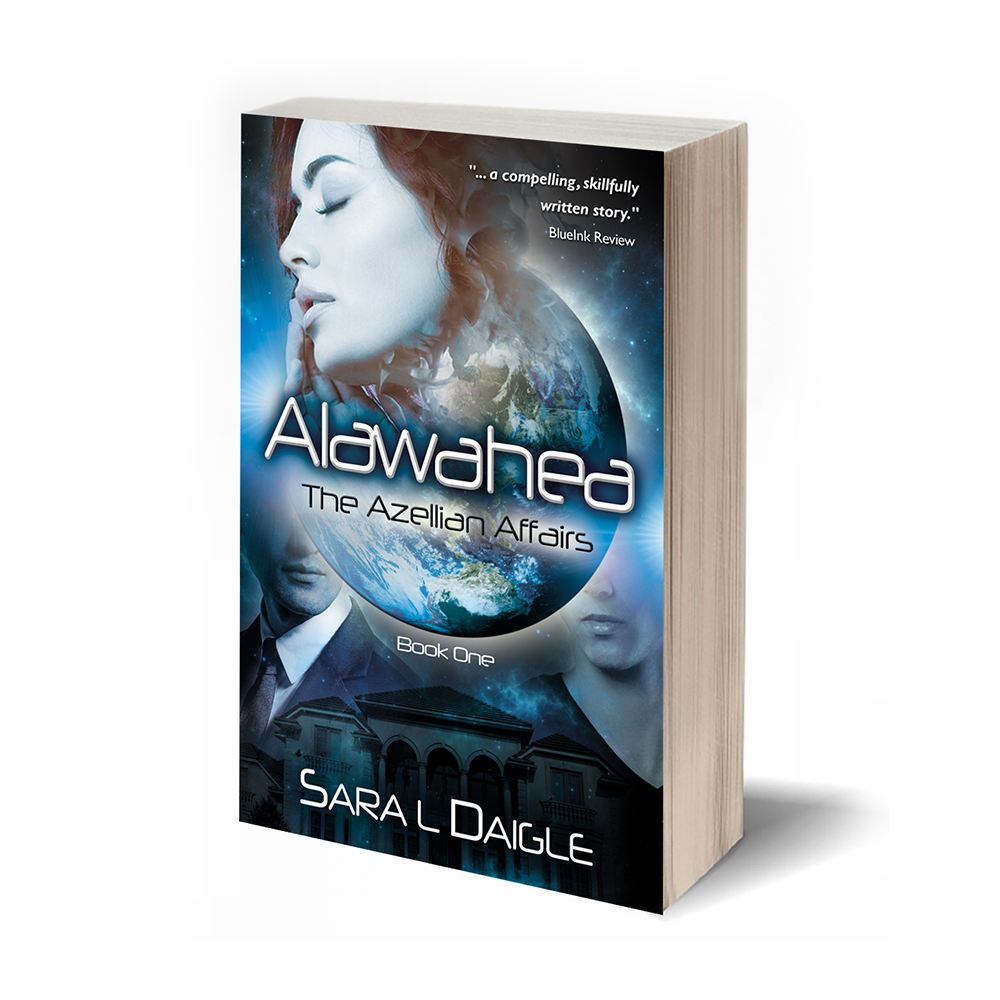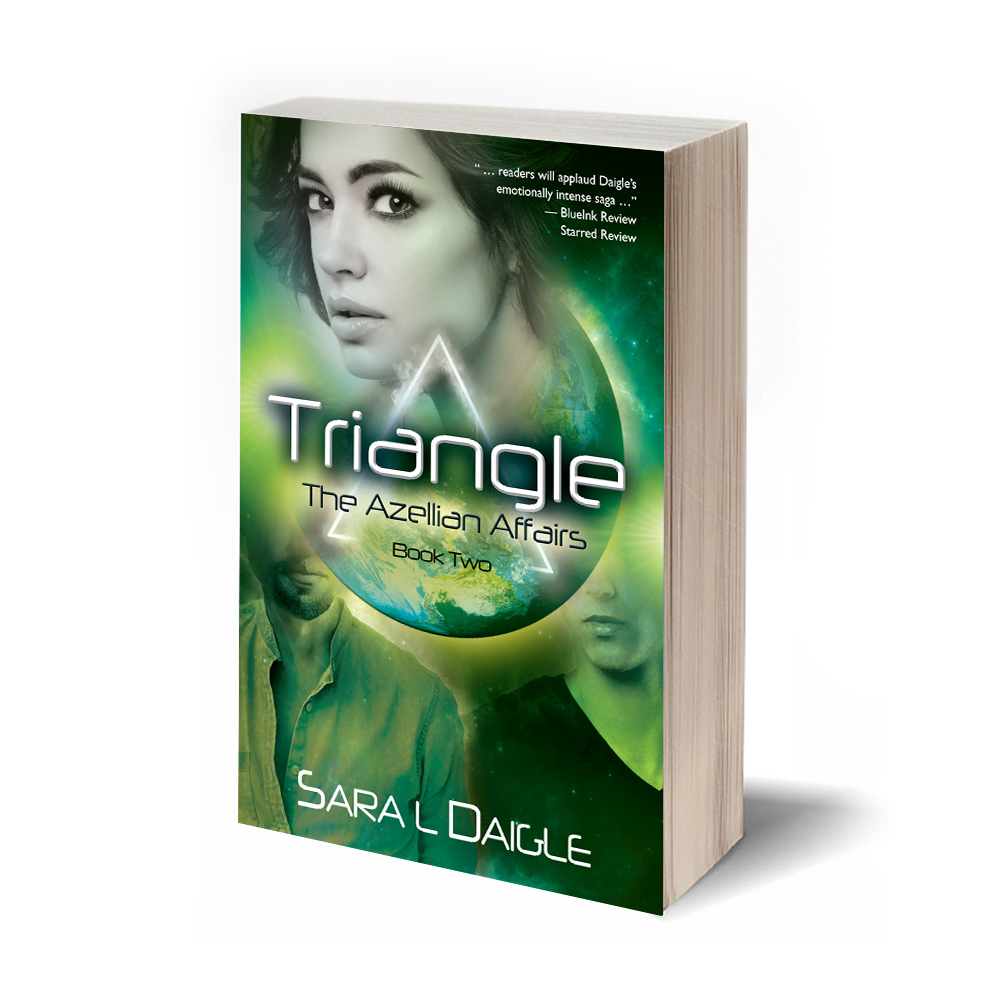Tips For Aspiring Writers
/As I take a break from beginning production on Triangle: Book Two of The Azellian Affairs, I find myself reflecting a bit on writing. One aspiring writer I met recently worried that she couldn’t write stories as good as the ones she was reading. This is a very real, and very legitimate fear. I still face it. With every new book it pokes at me—I’ve just gotten better at facing it and fear doesn’t change my behavior any more.
I’ve read everything from well written stories to horrible ones (and I’ve penned my share of both). Now, thanks to a lovely book club I visited this week, I’ve experienced my book from a reader’s perspective. The one thing that impacted me the most is that I didn’t write the book the readers are enjoying—at least not entirely. I did write a different book, that I handed to my editor, who then contributed her perspective, asked questions and teased out what I was really saying. Between the two of us, we created Alawahea: Book One of the Azellian Affairs.
We, as writers, are far too close to our story. We add elements that make sense to us who have the back story in our heads, but is not clear to a reader who doesn’t live in our minds. A good editor catches that, helps smooth it out. Or, maybe our story has contradictory elements. The editor catches that, too. When you read, do you love the way a scene is worded? Chances are, the editor had a say in that. The author is involved, yes, but the editor often catches when a word is being used too often, or if a different phrase will suit better. Is the perspective consistent? Does the character behave in a manner that makes sense to their development? All of that is in the provenance of the editor and yes, my editor helped me with every one of these issues for Alawahea and especially for Triangle.
For everyone who feels a story inside: write it down. Whatever lives in your heart, put it on paper (or the computer, or whatever medium you use). So what if it’s a mess and doesn’t make sense? My stories don’t always make sense at first, either, until they go through intensive editing. Start with an outline, paragraphs, scene sketches, or a full story. Then you can decide whether or not to take the step to become a professional or if simply writing it down was enough.
Whether or not your story ever reaches an audience or undergoes the rigors of editing, facing fear and treating yourself with compassion in the midst of it will set you free in ways you can’t imagine now. All of the people we see flying free started here—facing fear. They just learned how to face it and move on anyway, and that’s something ALL of us can learn to do.
What else is possible? We’ll see!


